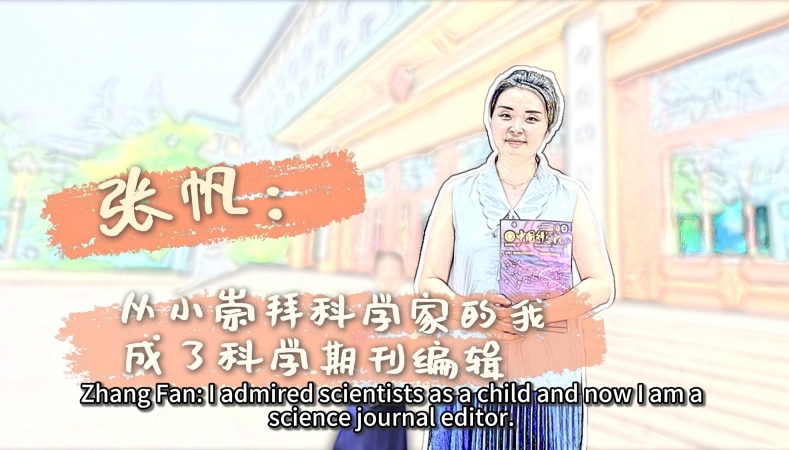Five Permanent Members of UNSC Say No to Nuclear War

Nuclear weapon. (PHOTO: VCG)
Edited by QI Liming
As five permanent members (P5) of the United Nations Security Council (UNSC), the world's largest nuclear powers pledged on January 3 to work together toward a world without nuclear weapons. "A nuclear war cannot be won and must never be fought," said the joint statement, issued simultaneously by the U.S., Russia, China, the UK and France. The five nuclear weapons states are also recognized by the 1968 Nuclear Non-Proliferation Treaty (NPT) .
Commitments from UNSC P5
China's Vice Foreign Minister, Ma Zhaoxu, welcomed the statement as "positive and weighty," adding it would "help increase mutual trust and replace competition among major powers with coordination and cooperation."
Russian Foreign Ministry spokeswoman Maria Zakharova said the five-nation statement was initiated by Moscow. She told the TASS news agency, "Given the importance and self -sufficiency of this joint statement, the nuclear powers decided not to delay its publication."
Kremlin spokesman Dmitry Peskov told TASS the statement "was negotiated through diplomatic channels" and "comprehensively reflects the positions of the parties and the leaders."
France also released the statement, underscoring that the five powers reiterated their determination for nuclear arms control and disarmament. They said they would continue bilateral and multilateral approaches to nuclear arms control.
The U.S. and UK released the Joint Statement on the White House website and GOV.UK website respectively.
Remarks from policy researchers and officials
"France has a nuclear doctrine reserving the right to use nuclear weapons as a 'final warning' to warn off an aggressor or even a state sponsor of terrorism," said Oliver Meier, senior researcher at the Institute for Peace Research and Security Policy. Meier said the UK's reservations were not so clearly expressed but he believed them to be similar.
"Given the security environment, I'm pretty shocked that the P5 could agree to this much," said Heather Williams, a senior lecturer in defense studies at King's College London.
Williams and other nuclear experts have urged the nuclear weapons powers to improve their channels of crisis communications as one of the ways of reducing risks of an unplanned clash escalating into nuclear conflict.
A senior U.S. official said the declaration was the result "of a good and substantive and constructive conversation about how to reduce nuclear threats and eventually eliminate them."
Arms control advocates widely welcomed the declaration but called for it to be backed up by a return to disarmament.
Daryl Kimball, director of the Arms Control Association, tweeted, "Bottom line: each of the P5 are to varying degrees upgrading and modernizing their deadly arsenals, the risk of a catastrophic n-war still too high, key disarmament commitments have not been kept, the nuclear danger is too high."
Voices from non-P5 countries
The South Korean government announced on January 4, that it supports the pledge signed by five nuclear-weapon states at the P5 Summit to avoid nuclear war and arms competition.
It also said that it will make efforts to contribute to global denuclearization. The Foreign Ministry spokesperson said, "The Korean government is expecting the pledge to contribute to global denuclearization based on the treaty on the non-proliferation of nuclear weapons (NPT) and international peace and stability."
In Japan, the world's sole country to have suffered atomic bombings, anti-nuclear campaigners welcomed the statement.
"I feel the long-held wishes of the people in the world, especially the atomic bomb survivors of Hiroshima and Nagasaki and the citizens there, have become a reality," said Nobuto Hirano, a 75-year-old co-representative of a civic group involved in sending high school students to the United Nations to deliver peace messages.
While noting that the motivations behind the statement may vary among countries, Hirano said he would like to take the move "positively" and hopes the world will move toward eliminating nuclear weapons.
Miho Tanaka, a 27-year-old representative of a civic group calling on Japanese parliamentary members to act to abolish nuclear weapons, said the statement is "happy news" following the postponement of the NPT review conference, which has already been repeatedly delayed from its original date in the spring of 2020.
She expressed hope that Japan will play its role as a country aware of the realities of the catastrophic consequences of the use of nuclear weapons.


